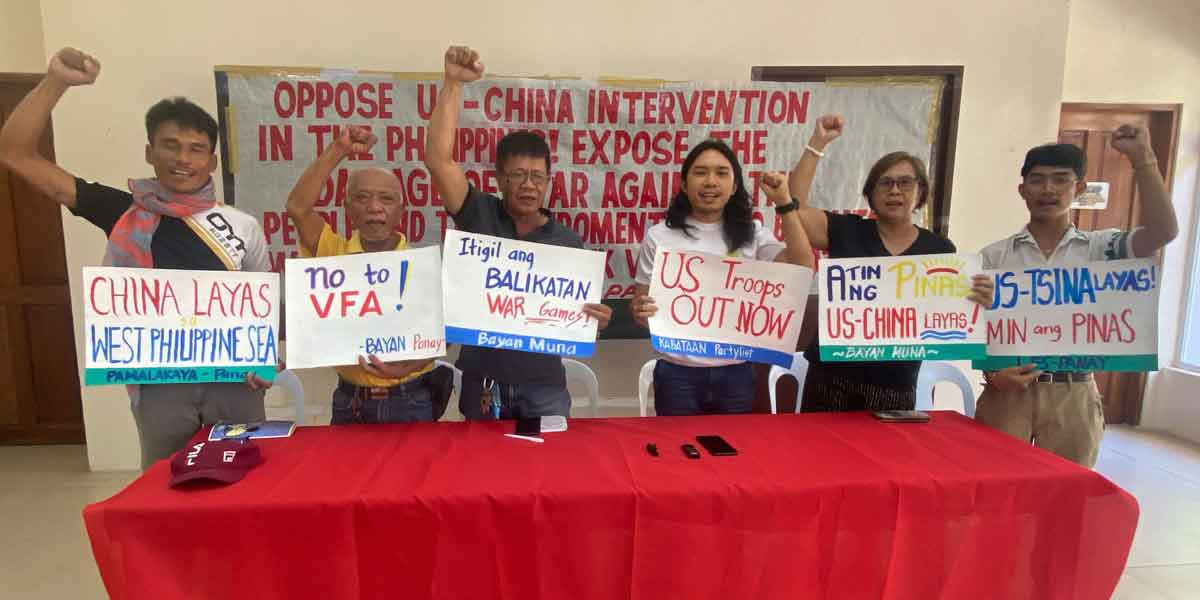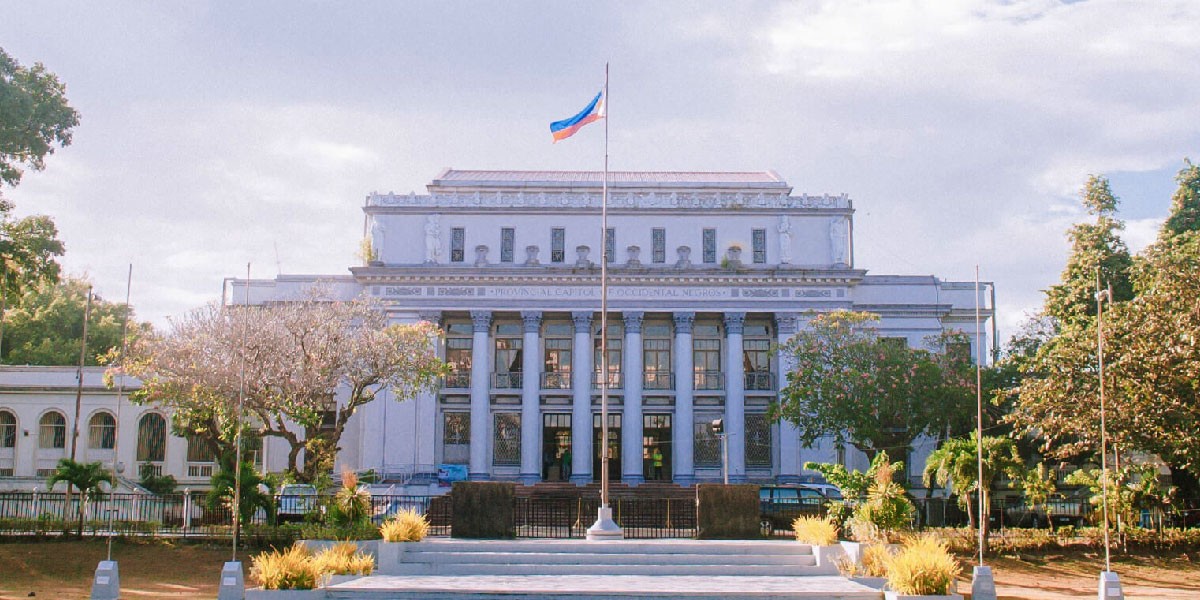The BSP releases the Enhanced Report on the Philippine Financial System for the Second Semester of 2019.
The Report highlights the capability of the Philippine financial system, with banking system at the core, to withstand external vulnerabilities such as the Coronavirus Disease 2019 (COVID-19) pandemic.
Existing prudential reforms guided the Bangko Sentral ng Pilipinas (BSP)-supervised financial institutions (BSFIs) to maintain sufficient cushion in times of crisis and ensure business continuity to serve financial consumers while keeping the economy going.
The positive performance of the banking system was evidenced by the sustained growth in assets, loans, deposits, capital and profit that was evident across banking groups. The universal and commercial banks (UKBs) channeled resources mostly to loans and investments in line with the economy’s growing demand and improved business climate and consumer sentiment.
Meanwhile, thrift banks (TBs), and rural and cooperative banks (RCBs) allocated most of their resources for lending to agriculture and consumer-related markets.
The Philippine banks’ cross-border financial position has been steadily rising but still modest as a share of total assets.
Relative to this, the Box Article 1 on common lender channel underscores the importance of diversifying the sources of external financing to reduce vulnerability to common lenders by banks across jurisdictions.
The financial soundness indicators (FSIs), which assessed the banking system’s strengths and weaknesses, affirmed that the banking system is stable and resilient to withstand the effects and uncertainties of the global pandemic.
Credit quality was satisfactory amid upbeat loan growth on sound credit underwriting standards and provisioning culture.
Bank capitalization, mainly comprised of common equity and retained earnings, remained well-above domestic and global benchmarks.
Similarly, their strong liquidity position enables the banks to withstand short-term liquidity shocks while providing adequate stable funding for the medium term.
Profits generated mainly from lending operations were likewise robust. Further, Box Article 2 showed that the cost of banks’ compliance with BSP regulations is minimal compared to their non-interest expenses.
The Report also highlighted that the foreign currency deposit system, trust entities, foreign banks in the country, quasi-banks and other non-bank financial institutions all registered positive performance during the review period. Meanwhile, the section on pawnshops and money service businesses (MSBs) highlighted their role as critical access points for the improved service delivery of the financial system.
Overall, the Philippine financial system continued to exhibit safety, soundness, resilience and overall preparedness against external vulnerabilities such as the COVID-19 global pandemic.
Further, the BSP remains committed in promoting price stability, a stable financial system and a safe and efficient payments and settlements system conducive to strong, sustainable and inclusive economic growth for all Filipinos.


















